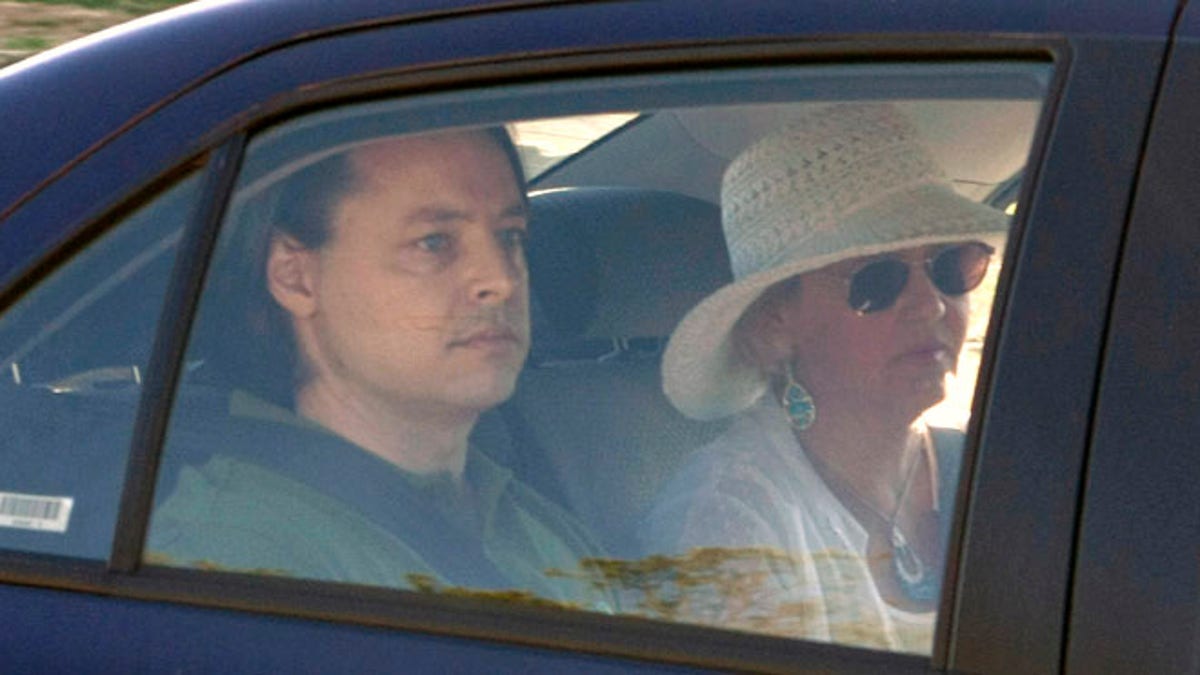
Dec. 29, 2007: Former Guantanamo terror prisoner David Hicks is driven away from Yatala high security prison with an unidentified woman in Adelaide, Australia. (AP)
ADELAIDE, Australia – David Hicks, the first prisoner held at the U.S. Navy base at Guantanamo Bay, Cuba, to be convicted by a military court, appeared in an Australian court on Tuesday charged with assaulting his partner.
2016 WAS THE DEADLIEST YEAR ON RECORD FOR SUICIDE ATTACKS, ANALYSTS SAY
Hicks, 41, appeared in the Elizabeth Magistrates Court in his hometown of Adelaide for a pre-trial conference on a charge that he assaulted his partner in September. He has yet to plea to the charge, which carries a potential two-year prison sentence.
He was released on bail to appear next on Feb. 28. Journalists were not permitted inside the courtroom.
SUSPECTED BOMBER REPORTEDLY KILLED IN ATTEMPTED ATTACK IN TURKEY
The Muslim convert was captured in Afghanistan by the U.S.-backed Northern Alliance in late 2001 as a suspected enemy combatant, then spent more than five years at Guantanamo Bay.
He pleaded guilty in a U.S. Court of Military Commission in 2007 to providing material support to terrorism. It was a plea bargain in which all but nine months of his seven-year sentence was suspended and he was allowed to return to Adelaide to serve the final months.
The U.S. Court of Military Commission Review, an appeals court, struck down his conviction in 2015. Hicks says he only pleaded guilty to get out of Guantanamo Bay.
Hicks traveled to Pakistan in 2000, joined the militant group Lashkar-e-Taiba and took part in an attack on Indian forces, according to court records.
He later went to Afghanistan and attended a training camp run by al-Qaida and visited by its leader Osama bin Laden. Hicks only real fighting experience was helping to guard a Taliban tank near the Kandahar airport.
In his memoir published in Australia in 2010, "Guantanamo: My Journey," Hicks wrote that U.S. authorities offered detainees inducements including illicit drugs and prostitutes to gain their cooperation.
After his release from prison, he married activist human rights advocate Aloysia Brooks in Sydney in 2009, but the couple later separated. The identity of the partner who made the assault complaint has not been made public.








































